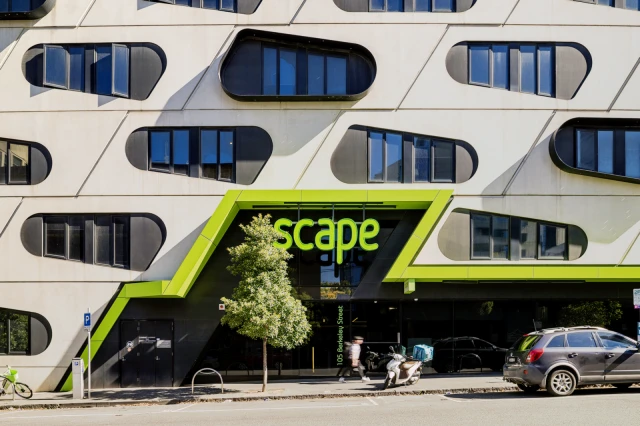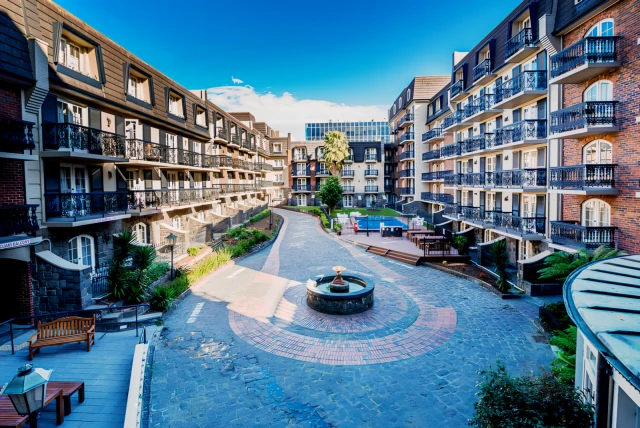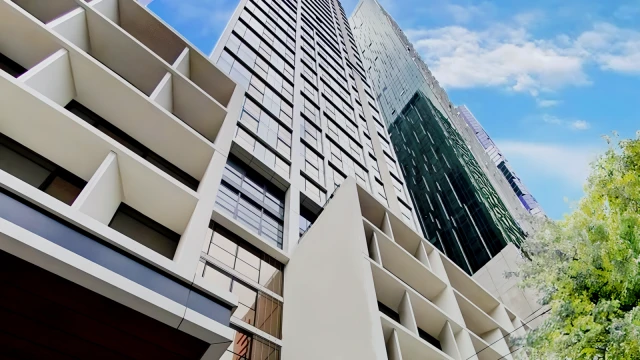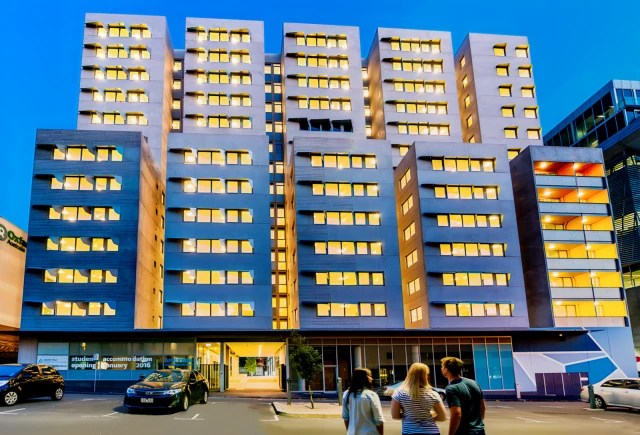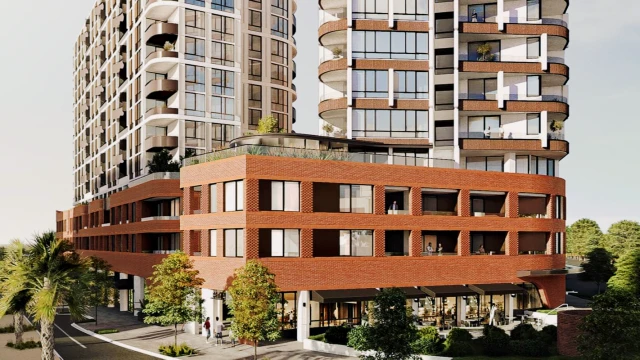The best time to start looking for student accommodation in Melbourne is 6 months before you start your studies.
- If you are going for late February/early March intake (Semester 1), you need to begin housing exploration in October to November.
- For ones who are going to mid-July intake (Semester 2), start looking for apartments in March is a nice choice.
- If you are for specific courses or program and need to start your studies in September/October/November (Semester 3), you should begin searching your Melbourne city student accommodation from March to May.
Usually, the peak time for finding student housing in Melbourne are December, January and February. We recommend you to seek and book your Melbourne housing as early as possible to increase your chances of renting an ideal one and enjoying a higher discount.

